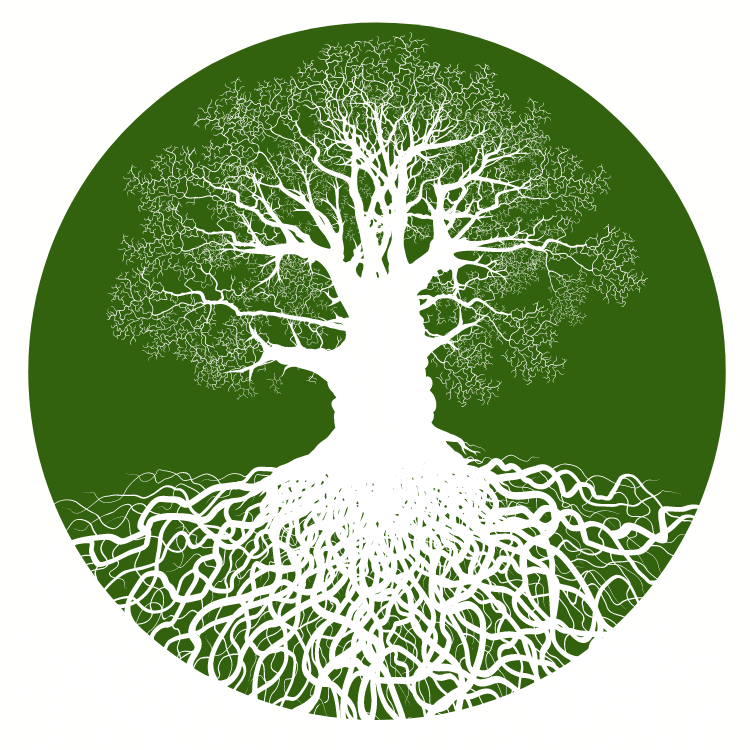
Where does it stop?
Every time I scratch my limits
Every time I go beyond
Every time I do it one more time
Fighting it
instead of meeting it with grace
Instead of meeting me with care
Let’s approach the topic of burnout with care.
Tread mindfully to avoid pathologising our bodies and our minds, to beware of wanting to fight our own limits instead of meeting them with care and grace. And if we can’t avoid, let’s try to notice our relation to this concept and ourselves. Does this exploration become another way in which we need to ‘do better’? Or can it help me find understanding and care for how I am?
As painful and challenging as experiences of burnout can be, they can also be the starting point of a valuable and transformative journey. The challenges related to burnout may prompt us to stop and reflect more deeply on our practices, and to discover healthier and more holistic approaches to work and witness. Healing and preventing burnout asks us to develop resilience practices that contribute to a greater sense of coherence, enabling us to more fully embody our values, restoring a sense of meaning to our actions, and establishing eco-systems of self and collective care.
Exploring burnout is one step on the way to a more resilient form of activism. Awareness supports prevention and can increase our sense of agency in facing patterns or even cycles that create burnout. We highly recommend going through this in groups of at least two or three, to be able to share and support each other in the process.
What is Burnout?
Burnout is a complex and varied phenomenon that can be useful to think about in terms of three kinds of experiences:
- Depletion is commonly the way that burnout is recognised. It represents a draining away of energy and vitality. Our inner being can feel empty, and spent. We rarely feel fully nourished or properly recharged. Motivation and inspiration are more difficult to access. There is less and less we have to give.
- Contraction is a protective response to the loss of energy and capacity – imagine a body shape that tightens up into a ball. One way that people feel it is as a denseness and blockage in their body. We can contract emotionally, pulling away from others and our capacity for empathetic engagement can diminish.
- Disconnection is disengagement from life and relationships. Disconnec-tion can also be felt as confusion, numbness, or emotional detachment. We become disconnected from ourselves, our feelings, our bodies, and isolated from sources of nourishment and support.
Sources: Rooting Resilience and PSR Training Manual by W4BW project.
Common Signs of Burnout:
A helpful way to understand the experience of burnout is by looking at the wide range of experiences of people encountering it.
From Rooting Resilience by W4BW project via Ulex project
Burnout Self-Assessment Scale
Adding up the results of the questions below will give you an indication of how close you are to your limits or how far beyond them. The factors leading to burnout are multiple and complex – see burnout wheel. It can be difficult to acknowledge to ourselves when we are struggling – so thanks for taking the time to check-in.
Over the past 3 months, how often have you experienced the following:
0 = Never 1 = Very rarely 2 = Rarely 3 = Sometimes 4 = Often 5 = Very often
- Do you feel fatigued in a way that rest or sleep does not relieve?
- Do you feel more cynical, pessimistic or disillusioned about things you used to feel positive about?
- Do you feel a sadness or an emptiness inside?
- Do you have physical symptoms of stress, eg.: insomnia, stomach pains, headaches, migraines?
- Is your memory unreliable?
- Are you irritable or emotional with a short fuse?
- Have you been more susceptible to illness lately, eg colds, ‘flu, food allergies, hay fever?
- Do you feel like isolating yourself from colleagues, friends or family?
- Is it hard to enjoy yourself, have fun, relax, and experience joy in your life?
- Do you feel that you are accomplishing less in your work?
Your Result: _______________
Results
None of these results give an assessment of your achievements or your value. You are navigating complex circumstances and challenges. Below are some suggestions to support you in caring for what might be needed.
0 – 15 You don’t seem to be at risk of burnout.
16 – 25 You don’t seem so well. Perhaps find a buddy to check in regularly about what you struggle with. The burnout wheel could help you assess the different factors and find next steps.
26 – 35 You are struggling and on the road to burnout. It’s important that you make changes now and find support to help you sustain them.
36 – 50 You need to take action immediately – your health and well-being are threatened.
Whatever your results – May care be with you.
Sources: Adapted from ‘Burnout Rating Scale’ by The Change Agency, adapted from The Tiger’s Mouth: An Empowerment Guide For Social Action, Katrina Shields (2000) self published, p.130. via Ulex.
The Causes and Conditions of Burnout
There are a wide range of factors which can produce susceptibility to burnout. It is rarely simply a matter of uni-linear cause and effect. More often than not a number of different kinds of conditions act in combination to give rise to burnout. The shift from causal to conditional thinking is important, as we begin to recognise the range of both personal and environmental conditions.
Consider how these different aspect affect your own susceptibility to burnout and try to be as precise as possible. As you fill it out also consider which aspects you tend to be more aware of and how quickly you look to strategies.
| Personal Material Needs | Psychological and Emotional Needs |
| Wider Social and Structural Factors | Personal Behavioural Tendencies |
| Interpersonal: Group and Organisational Dynamics | Views, Beliefs and Expectations |
Once you are done filling it out, highlight the three things you can most easily address. If you also notice the ones that it may be difficult for you to address, take a moment to care for yourself and your response to this activity.
